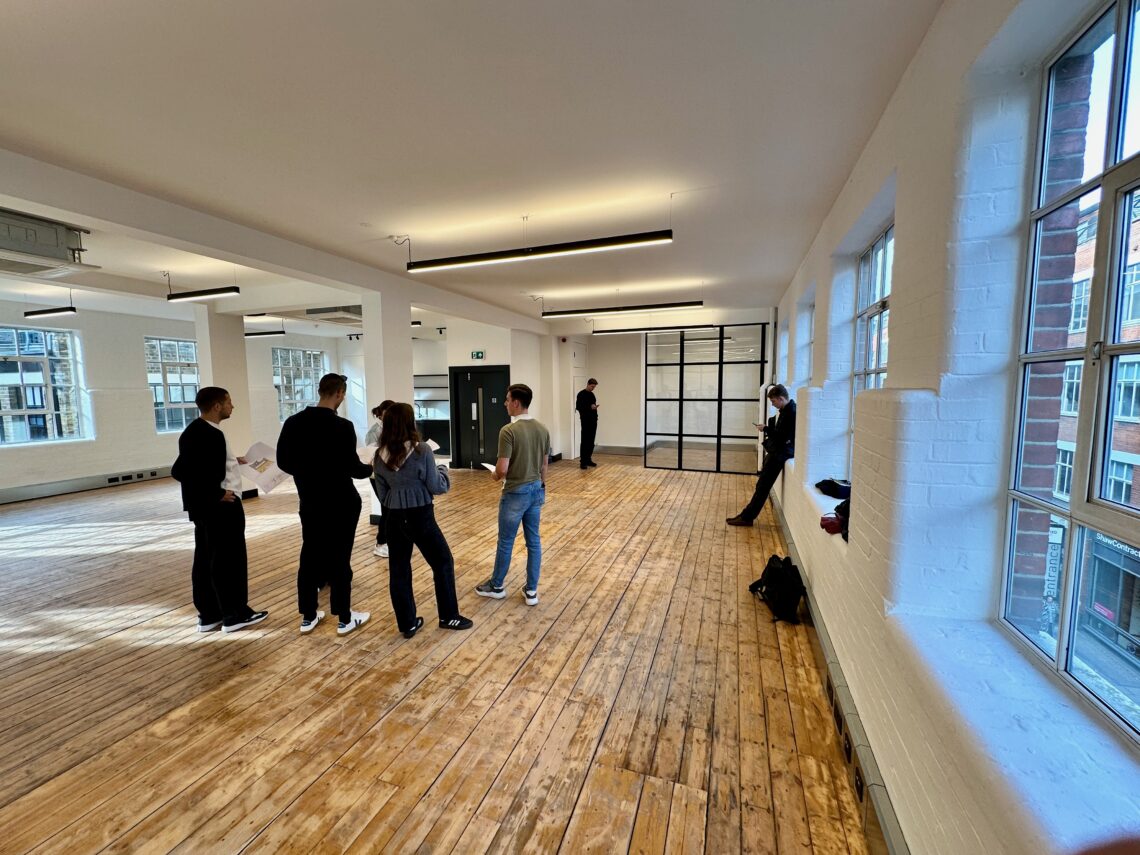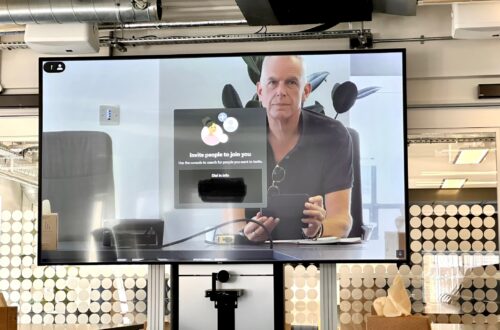
The Evolving Geography of Start-Ups and Investors in the UK
The United Kingdom has long been recognised as a hotbed for entrepreneurial activity and investment. While London remains the undisputed hub of venture capital and start-up activity, the geographic distribution of both start-ups and investors is shifting, reflecting a more regionally balanced ecosystem. From the innovation corridors of the South East to the tech clusters of the North, the UK’s start-up geography is diversifying—and fast.
London: The Dominant Powerhouse
London continues to dominate the UK start-up scene. It attracts around 60-70% of the country’s venture capital funding, driven by its density of investors, world-class universities, global connectivity, and a rich pool of tech talent. The capital is home to influential tech clusters in Shoreditch, King’s Cross, and Canary Wharf, with sectors like fintech, AI, and SaaS flourishing.
Major VC firms such as Balderton Capital, LocalGlobe, and Atomico are headquartered in London, reinforcing the city’s role as the nation’s financial and innovation epicentre. However, London’s high costs and competitive landscape have prompted many start-ups to look elsewhere for growth opportunities.
Beyond the Capital: The Rise of Regional Start-Up Hubs
1. Cambridge and Oxford – Deep Tech and Life Sciences
The so-called “Golden Triangle” of London-Oxford-Cambridge remains a high-growth region. Cambridge is a global centre for deep tech and life sciences, supported by the University of Cambridge and the renowned Cambridge Science Park. Oxford, similarly, has become a magnet for biotech start-ups and university spinouts, particularly in the wake of the Oxford-AstraZeneca COVID-19 vaccine success.
2. Manchester – Northern Tech Capital
Manchester is positioning itself as the Northern Powerhouse for start-ups. The city has a thriving digital and creative sector, driven by talent from the University of Manchester and supported by initiatives like Tech Nation North. Notable start-ups and scale-ups include The Hut Group and Peak AI. Investors such as Praetura Ventures and Northern Gritstone are based in the region, providing vital early-stage capital.
3. Leeds, Sheffield, and Newcastle – Growing Innovation Clusters
These Northern cities are seeing a surge in start-up activity, especially in healthtech, data science, and digital services. Accelerators like Barclays Eagle Labs, Entrepreneurial Spark, and regional tech hubs are helping fuel the momentum. Leeds, in particular, benefits from its proximity to NHS Digital and a robust financial services sector.
4. Bristol and Bath – Creative and CleanTech Ecosystem
The South West has emerged as a centre for creative industries, robotics, and clean technology. Bristol’s Engine Shed and the Bristol & Bath Science Park are focal points for innovation. The area is particularly strong in immersive technologies, with a collaborative ecosystem that includes universities and research institutions.
5. Scotland – Fintech and Renewable Innovation
Edinburgh and Glasgow are key Scottish hubs with growing ecosystems. Fintech Scotland and organisations like Scottish Enterprise are supporting a dynamic environment for financial innovation, AI, and renewables. Edinburgh is home to unicorns like Skyscanner and has a vibrant angel investment community.
Investors Are Becoming More Regional
Traditionally, investors were concentrated in London, but that is starting to change. Regional VC firms, government-backed funds (e.g. British Business Bank’s Regional Angels Programme), and angel syndicates are becoming more active across the UK. Examples include:
- Northern Gritstone (North of England)
- Midven (Midlands)
- Par Equity (Scotland)
- Green Angel Syndicate (nationwide, but with a green focus)
- Development Bank of Wales
Government and public sector support, such as Innovate UK grants, catapult centres, and levelling-up initiatives, are helping to plug funding gaps and encourage innovation outside the capital.
Challenges and Opportunities
Despite the positive trends, regional start-ups still face challenges in accessing later-stage capital and scaling support. While early-stage funding is growing across the UK, large Series B and C rounds are still disproportionately concentrated in London.
However, remote work trends, improved digital infrastructure, and a cultural shift toward regional economic development present a significant opportunity. As investors increasingly look beyond London, a more geographically inclusive innovation economy is within reach.
Conclusion
The UK’s start-up and investor landscape is undergoing a quiet transformation. While London remains the gravitational centre, regional hubs are growing in strength and identity, fuelled by local talent, sectoral specialisation, and a more decentralised approach to investment. The next decade could see a more balanced, resilient, and innovation-driven economy spread across the entire UK map.





